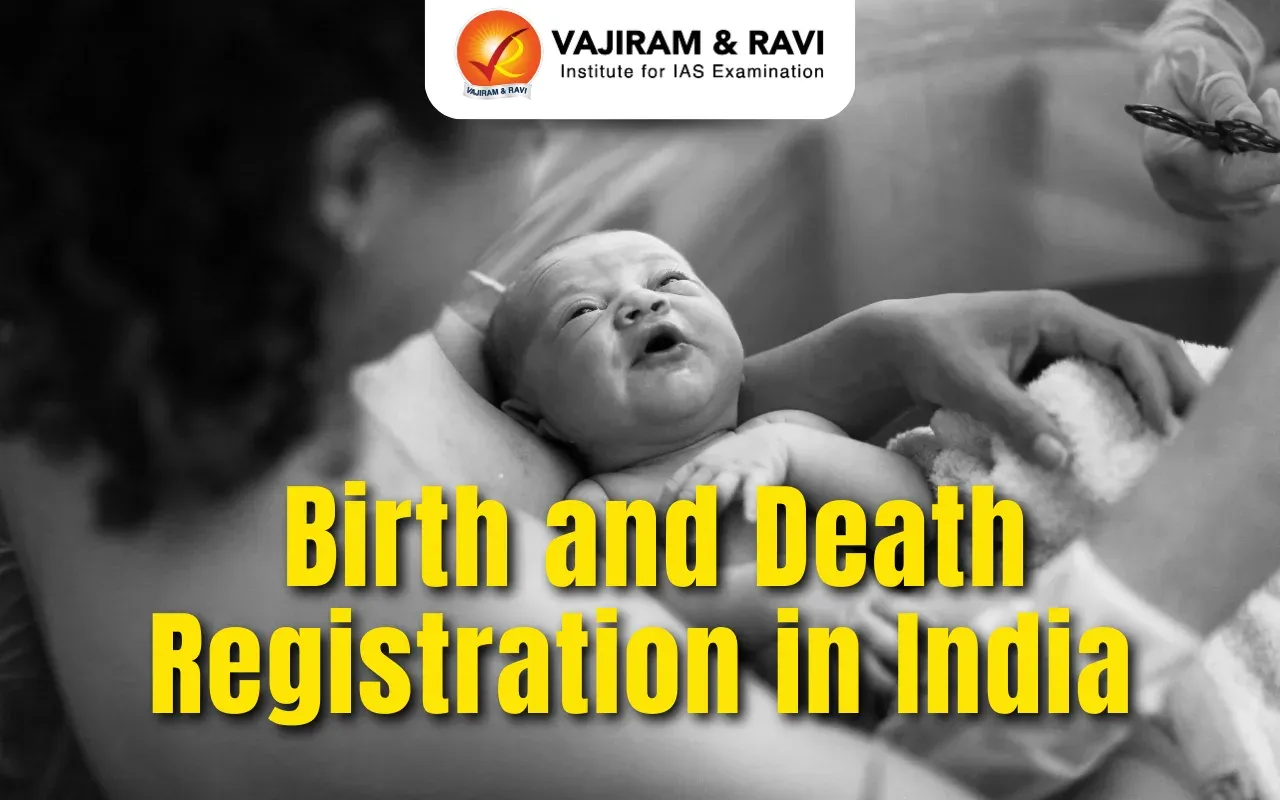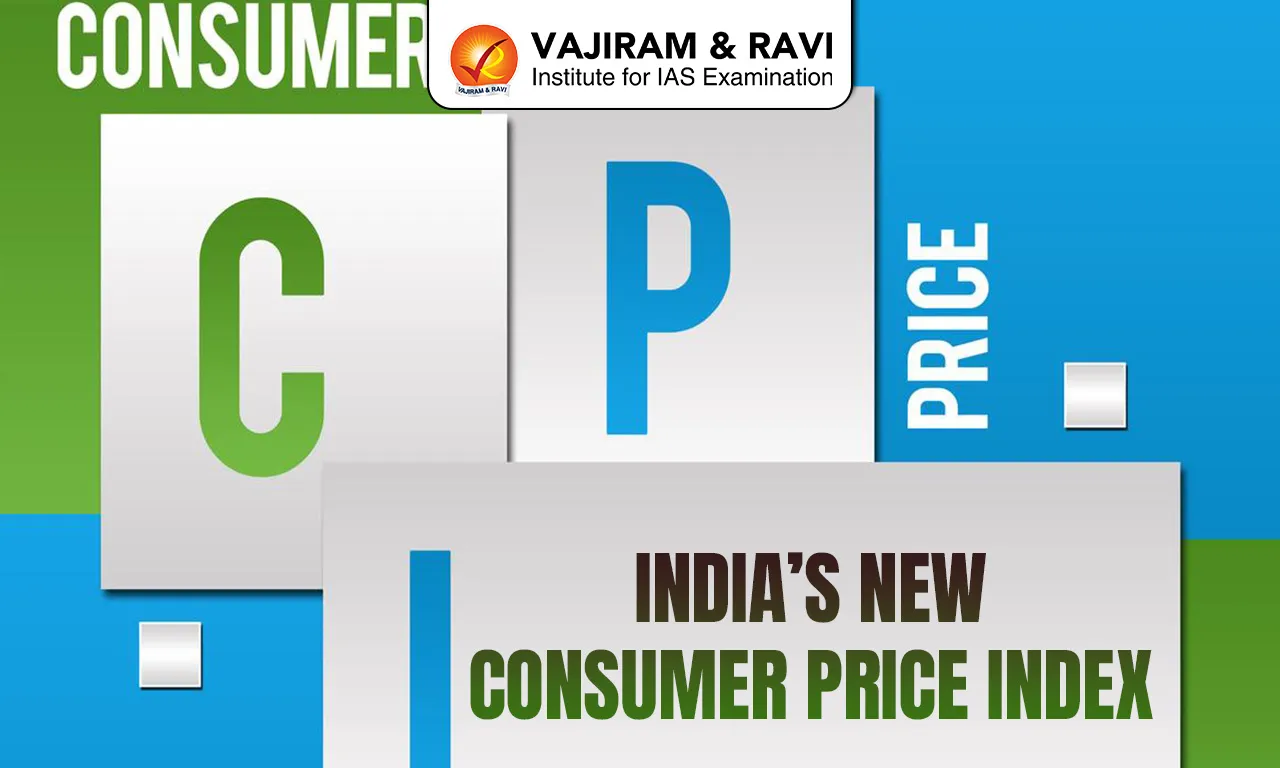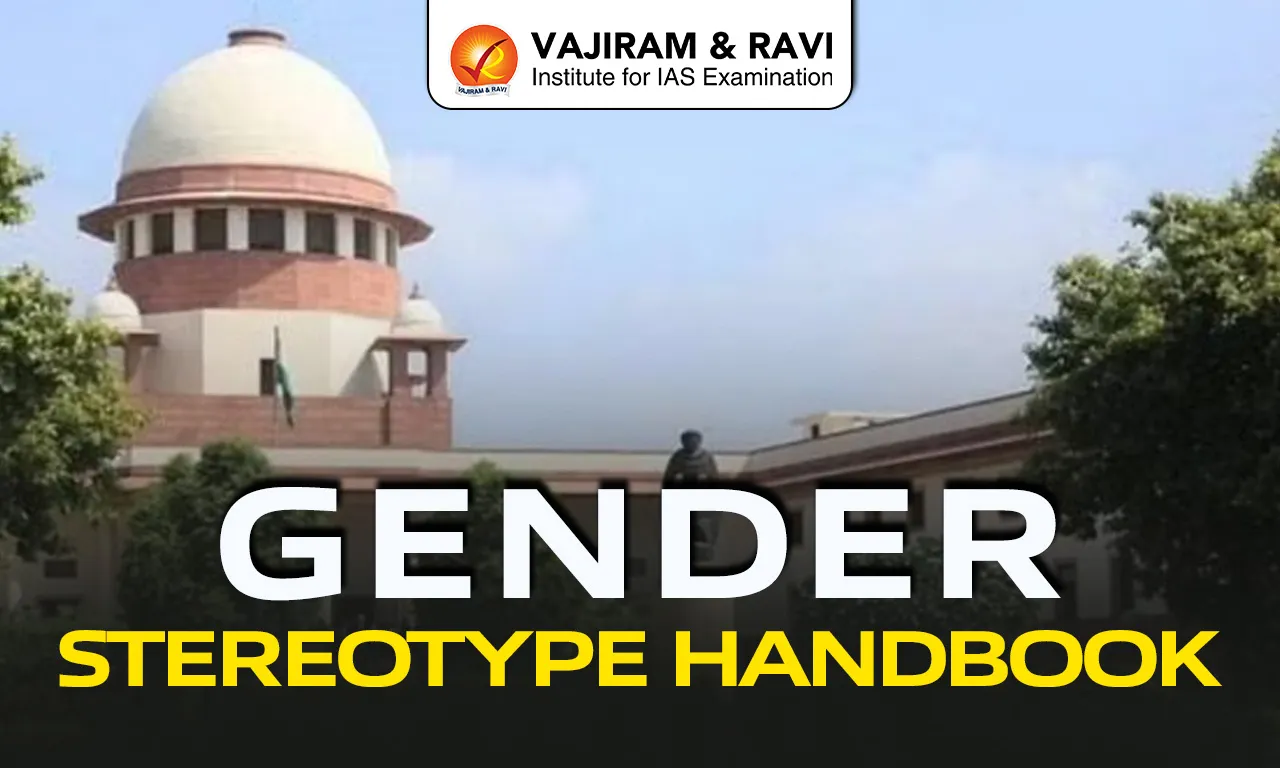What’s in Today’s Article?
- Birth and Death Registration in India Latest News
- Gaps in Registration
- Responsibility for Registration Under the Civil Registration System (CRS)
- Centralised Portal for Birth and Death Registration
- Concerns Raised by the RGI
- Vital Statistics Report Not Published Since 2020
- Birth and Death Registration in India FAQs
Birth and Death Registration in India Latest News
- Recently, the Registrar General of India (RGI), under the Union Home Ministry, issued a circular directing private and government hospitals to report births and deaths within 21 days.
- The move came after it was found that many medical institutions were violating this legal requirement, prompting action by the Vital Statistics division.
Gaps in Registration
- The Registrar General of India (RGI) issued a circular on March 17 noting that around 10% of births and deaths in India are still not registered.
- While 90% registration has been achieved, the goal of 100% universal registration remains unmet.
Progress Since 2011
- According to the RGI, the registration level in 2011 was 82.4% for births and 66.4% for deaths, indicating significant progress over the years.
Legal Provisions and Penalties
- The Registration of Birth and Death (RBD) Act, 1969—amended in 2023—makes it mandatory to register all births and deaths.
- Under Section 23(2), registrars who are negligent in performing their duties may face fines, which have been increased from ₹50 to up to ₹1,000.
Responsibility for Registration Under the Civil Registration System (CRS)
- Under the Civil Registration System (CRS), governed by the Registrar General of India (RGI), government hospitals act as registrars for births and deaths.
- Private hospitals are required to report such events to the designated registrar so that certificates can be issued to the families.
Role of State Authorities and Departments
- The RBD Act empowers the RGI to coordinate with Chief Registrars appointed by State governments.
- Registration duties vary across States:
- Health Departments manage registration in States/UTs like Assam, Chandigarh, Haryana, Lakshadweep, Meghalaya, Odisha, Punjab, Sikkim, and the Andaman & Nicobar Islands.
- Panchayat Departments handle it in Kerala.
- Directorate of Economics and Statistics manages it in Bihar.
Centralised Digital Registration System
- Following the 2023 amendment to the RBD Act (effective from October 1, 2023), all births and deaths in India must be digitally registered through the Centre’s Civil Registration System portal.
- Chief Registrars and Registrars are mandated to share this data with the Central database maintained by the RGI.
Centralised Portal for Birth and Death Registration
- From October 1, 2023, all births and deaths in India must be registered digitally through a central portal.
- This ensures uniformity, transparency, and seamless integration across government services.
Digital Birth Certificate as a Key Document
- The digital birth certificate is now the sole official document to prove date of birth for various purposes, including:
- School admissions
- Government job applications
- Marriage registration
- Obtaining passports and Aadhaar
Integration with National Databases
- The data from the central portal will be used to update key records such as:
- National and State Population Registers (NPR)
- Ration cards
- Property registrations
- Electoral rolls
Foundation for NPR and NRC
- The centralized registration system feeds into the National Population Register (NPR), which has a database of 119 crore residents.
- The NPR, updated in 2015, is seen as a precursor to the National Register of Citizens (NRC).
- Each resident’s information is linked through a unique registration number, connecting documents like Aadhaar and birth certificates — starting from birth, thereby creating a unified digital identity trail.
Concerns Raised by the RGI
- Delayed Registration by Hospitals
- The RGI observed that some hospitals delay the registration process, waiting for family members to approach them instead of registering birth or death events proactively.
- Non-Compliance by Private Hospitals
- Several private hospitals have been found to completely avoid reporting such events to the designated registrar.
- Instead, they direct families to handle the registration themselves, violating legal obligations.
- Lack of Citizen-Friendly Services
- The RGI also flagged that some registrars fail to make the registration process user-friendly.
- It emphasized the need for timely issuance of birth and death certificates, ideally within seven days of the event.
Vital Statistics Report Not Published Since 2020
- The Vital Statistics of India report, which provides key national-level data on infant mortality, stillbirths, and deaths, has not been published since 2020.
- This delay hampers the government’s ability to conduct effective socio-economic planning and evaluate social sector programs.
Importance of the Report
- Compiled from State-level data, the report is crucial for public health planning and assessing the impact of various welfare schemes.
- It acts as a foundational document for health-related policy-making in India.
Status of State-Level Reporting
- While several States and UTs like Himachal Pradesh, Karnataka, Delhi, Chandigarh, Mizoram, Goa, and Arunachal Pradesh have released their reports till 2022, Kerala’s last available report is from 2021.
- Mizoram is the only State to have released its report for 2023.
Trends in Registered Births (2020 Report)
- According to the last published report (2020):
- Registered births dropped from 2.48 crore in 2019 to 2.42 crore in 2020, a decline of about 2.4%.
- Most States saw a dip in registered births, except Bihar, Haryana, Madhya Pradesh, Rajasthan, Sikkim, Andaman & Nicobar Islands, Jammu & Kashmir, and Ladakh.
- Interestingly, the level of Death registration increased from 76.4 lakh in 2019 to 81.2 lakh in 2020.
Birth and Death Registration in India FAQs
Q1. What is the Civil Registration System (CRS) in India?
Ans. The CRS records all births and deaths, with designated hospitals and registrars responsible under the Registrar General of India (RGI).
Q2. Why was a centralized portal launched for registration?
Ans. The centralized portal ensures digital, uniform registration of births and deaths and integrates with databases like NPR, Aadhaar, and electoral rolls.
Q3. What are RGI’s concerns about registration delays?
Ans. Hospitals delay registrations or avoid reporting; registrars often fail to offer user-friendly, timely services for citizens.
Q4. What legal changes were made under the RBD Act 2023?
Ans. The amended Act mandates digital registration and increases penalties for non-compliance by registrars and medical institutions.
Q5. Why is the Vital Statistics Report important?
Ans. It provides national data on births and deaths, essential for policy, planning, and evaluating social sector programs and health outcomes.
Last updated on February, 2026
→ UPSC Notification 2026 is now out on the official website at upsconline.nic.in.
→ UPSC IFoS Notification 2026 is now out on the official website at upsconline.nic.in.
→ UPSC Calendar 2026 has been released.
→ Check out the latest UPSC Syllabus 2026 here.
→ Join Vajiram & Ravi’s Interview Guidance Programme for expert help to crack your final UPSC stage.
→ UPSC Mains Result 2025 is now out.
→ UPSC Prelims 2026 will be conducted on 24th May, 2026 & UPSC Mains 2026 will be conducted on 21st August 2026.
→ The UPSC Selection Process is of 3 stages-Prelims, Mains and Interview.
→ Prepare effectively with Vajiram & Ravi’s UPSC Prelims Test Series 2026 featuring full-length mock tests, detailed solutions, and performance analysis.
→ Enroll in Vajiram & Ravi’s UPSC Mains Test Series 2026 for structured answer writing practice, expert evaluation, and exam-oriented feedback.
→ Join Vajiram & Ravi’s Best UPSC Mentorship Program for personalized guidance, strategy planning, and one-to-one support from experienced mentors.
→ UPSC Result 2024 is released with latest UPSC Marksheet 2024. Check Now!
→ UPSC Toppers List 2024 is released now. Shakti Dubey is UPSC AIR 1 2024 Topper.
→ Also check Best UPSC Coaching in India






















